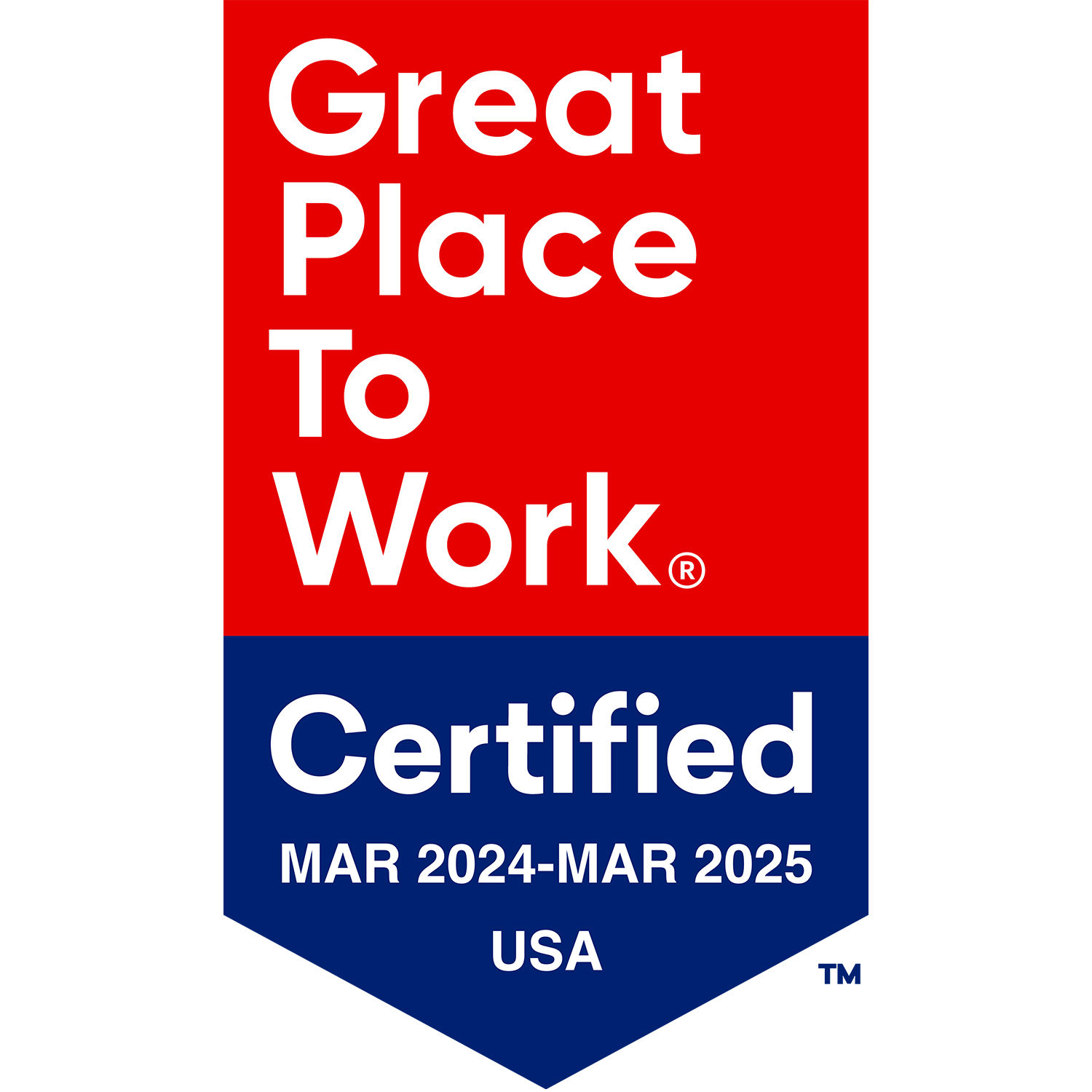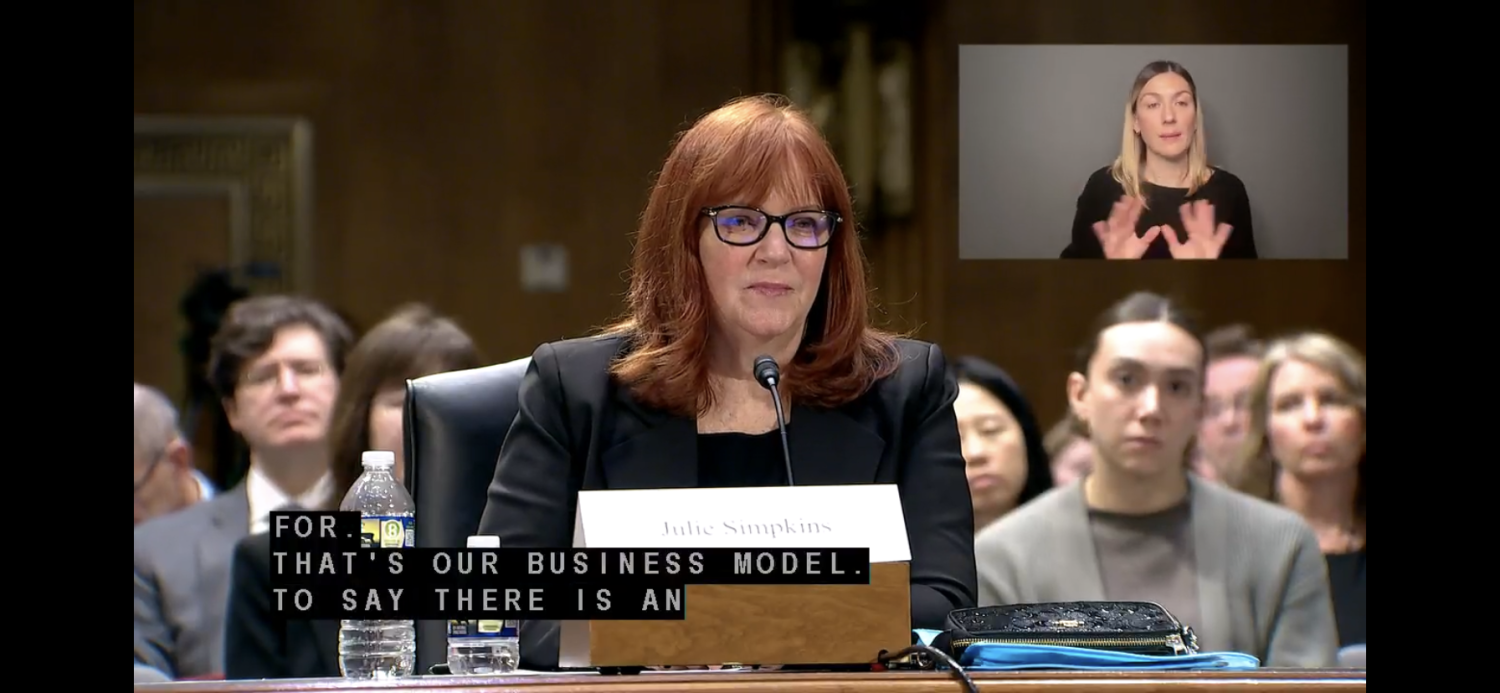By Rick Banas of assisted living provider BMA Management, Ltd.

Yesterday morning I woke up to hazy sunshine. The temperature overnight at O’Hare International Airport had set a record high after climbing into the mid-90s during the day. At least the humidity was not overbearing.
With summer officially set to start on Saturday morning, I wanted to remind you that high temperatures, especially when combined with high humidity levels, should be of concern to all of us, particularly older adults.
Whether you live in northern, central or southern Illinois, temperatures can reach dangerous levels during the lazy, hazy days of summer.
In Springfield, our State Capitol, the highest temperatures documented by the National Weather Service for June is 104º, which happened in 1934; for July is 112º in 1954; and for August is 108º, which occurred in 1934.
In 1936, the temperature in Moline, home of our Heritage Woods of Moline affordable assisted living community, and in Urbana, home of our Prairie Winds affordable assisted living community, topped 100 on 13 days in July.
In Charleston, home of our Heritage Woods of Charleston affordable assisted living community, and in Danville, home of Bowman Estates of Danville affordable assisted living, the temperature topped 100º on 15 days in July.
In Decatur, home of our Eagle Ridge of Decatur affordable assisted living community, the temperature in July of 1936 climbed above 100 degrees on 17 days.
This was the summer of “The Dust Bowl” that hit the Plains, Upper Midwest and Great Lakes regions of our country. Nationally, 5,000 people died from the summer heat.
During a presentation on Tuesday at our Cambridge House of O’Fallon affordable assisted living community in the Metro East area of St. Louis, a representative of the Cedar Ridge Health & Rehabilitation talked about Seniors and the Summer Heat.
Older adults are much more prone to the effects of heat and dehydration for the following reasons:
Their body does not adjust well to sudden changes in temperature.
They may have a chronic medical condition that changes their normal body response to heat.
They may be taking prescription medications that impair their body’s ability to regulate its temperature or inhibit perspiration.
Young children and individuals who are sick or overweight also are among those most at risk.
Tips for coping with the summer heat and sun include the following:
Drink plenty of water, regardless of activity, even if you are not thirsty. (Be sure to check with your doctor if your doctor has limited the amount of fluid you drink or if you are taking water pills.)
Avoid heavy meals and alcohol. Limit the amount of caffeinated beverages such as tea and coffee that you drink.
Keep the sunscreen handy and use it. As you age, your skin becomes more sensitive to the sun. Choose a sunscreen that offers a sun protection factor (SPF) of 30 or higher. It should be a broadband UV spectrum sunscreen that protects against both UVA and UVB light. Be sure to apply generously.
Shield your skin and eyes from the harmful rays of the sun. Wear protective clothing such as light weight and light color fabrics, hats and sunglasses.
Take cool baths or showers. Sponge baths, ice bags and wet towels also can be helpful.
Install air conditioning or large fans to keep air moving. Check air conditioning ducts for proper insulation. Weather-strip your doors and window sills to keep cool air inside.
Cover windows that receive morning or afternoon sun with drapes, shades or awnings. Install temporary window reflectors such as aluminum foiled-covered cardboard to reflect heat back outside.
Visit air-conditioned restaurants and malls.
For assistance in locating buildings that serve as Cooling Centers during heat emergencies, you can go to the Keep Cool Illinois website at www2.illinois.gov/KEEPCOOL. Older adults also can contact their local Area Agency on Aging or the Senior HelpLine at 800-252-8966.
To cool off during heat emergencies, we also invite you to visit a BMA Management community near you. The map below shows the locations of our assisted living, senior living and memory care communities.
One of the included amenities that takes on so much added importance at our communities when heat warnings and advisories are in effect is air conditioning. The cost of utilities such as air conditioning is included in the monthly fee.
In addition, in our assisted living and memory care communities, certified nursing assistants are on-duty 24 hours a day, seven days a week. Conducting a daily welfare check on each resident is just one of their responsibilities.
An emergency alert system comes standard with each of our assisted living apartments, and three-restaurant-style meals are also among the included services. Snacks and beverages are available whenever the dining room is not open.
During the summer when the temperatures are high, the CDC encourages us to visit at risk older adults at least twice a day and to be sure to watch for signs of heat exhaustion and heat stroke.
The symptoms of heat exhaustion can include heavy sweating, rapid breathing and a pulse that is fast and weak. To help overcome heat exhaustion, drink cool non-alcoholic beverages; rest; take a cool shower, bath or sponge bath; seek an air-conditioned environment; and wear light-weight clothing.
Heat stroke is a life-threatening illness in which a person’s body temperature can rise above 106º in minutes. Symptoms can include red, hot and dry skin (no sweating); a rapid, strong pulse; throbbing headaches; dizziness; nausea; confusion; and unconsciousness.
If you suspect that someone might be experiencing heat stroke, call for medical attention as soon as possible. Until medical help arrives, get the person to a shady area and cool the victim using whatever methods you can such as a cool tub of water, a cool shower, cool water from a garden hose or a cool sponge bath.
For more information on heat and older adults and tips on what you can do the protect yourself and others, here are a couple of websites you might want to visit:
Centers for Disease Control & Prevention
www.bt.cdc.gov/disasters/extremeheat/elderlyheat.asp
National Institutes for Health
http://www.nlm.nih.gov/medlineplus/heatillness.html
All affordable assisted living communities managed by BMA Management, Ltd. are certified and surveyed by the Illinois Department of Healthcare and Family Services. All assisted living communities are licensed and surveyed by the Illinois Department of Public Health.
“BMA Management, Ltd. is the leading provider of assisted living in Illinois
and one of the 20 largest providers of assisted living in the United States.”
What are your thoughts? Leave a comment and let us know.




